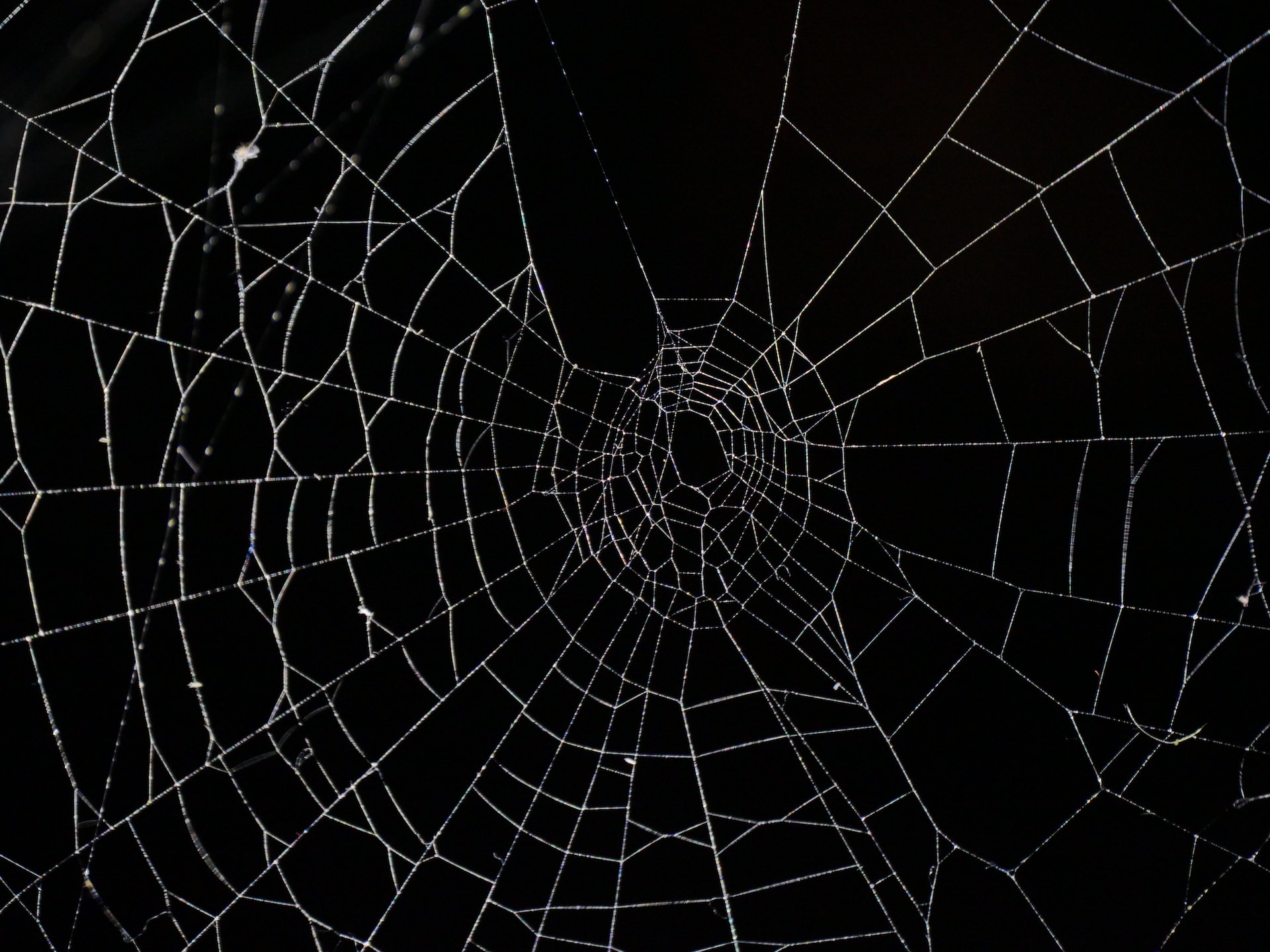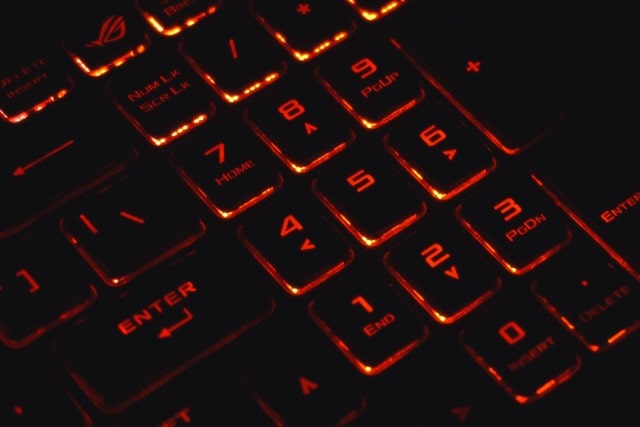
Understanding the deep web vs. dark web is of the utmost importance for IT admins, especially if you’re looking to grasp the potential benefits and risks associated with either of these integral portions of the internet.
Differentiating between the deep web and dark web allows you to better understand the challenges involved in preventing hacking attempts and complications arising from the need for data privacy online.
The deep web is largely used to protect personal information, safeguard databases and access certain services, whereas the dark web is often used to engage in illegal activities. It is also used for military/police investigations, political protests and anonymous internet browsing.
Photo by Bich Tran via Pexels
The Deep Web vs. the Dark Web
The deep web refers to hidden web pages that are not indexed by search engines. This lack of indexing is intentional on the part of many service providers, as it helps to protect private information.
Admin of #darknet market Monopoly has been extradited to the US and charged#DarkWeb https://t.co/LRAsX3oyJn
— Eileen Ormsby (@EileenOrmsby) June 26, 2023
The dark web is a guarded subspace within the deep web, hosting encrypted websites that are accessible only via specific browsers. This portion of the web is commonly associated with illegal activities - see above - such as arms and drug trafficking, scams, and espionage.
There are significant threats associated with illegal activities on the dark web, especially when it comes to implicating users and exposing their information. Consequently, accessing the dark web raises safety concerns and requires significant caution.

Photo by Fandy Much via Pexels
However, the dark web is also used by individuals seeking online privacy or to bypass censorship in their home countries. Specialized browsers like Tor enable anonymous access to this part of the web.
We'll cover both the deep web and the dark web in greater detail below to help you understand what makes them such important facets of the modern internet.
The Deep Web
The deep web is essentially the unindexed portion of the web that search engines cannot access.
This part of the web contains everything from password-protected sites and data not accessible via public web pages to private intranets, academic content, and more. It makes up about 99% of the entire web and is largely inaccessible to normal users.
Here is a simple rundown of the deep web's individual parts:
- Password-protected sites (like email accounts and some social media platforms)
- Unindexed web databases and resources
- Servers storing data inaccessible via public web pages
- Data broker repositories for marketing purposes
- Company intranets and governmental websites
- Academic content handled by universities
For more information about the deep web, check out the following video:
The Dark Web
The dark web is actually considered to be a small part of the deep web. It can only be accessed through special networks like Tor or via static IPs shared privately.
As a rule, this side of the internet hides content, identities, and locations from third parties that are common throughout the 'surface web' (mainstream, public websites). In Tor's case, this is facilitated by routing encrypted traffic through layers of relays around the world.
While the dark web offers anonymity and access to websites that are not inherently illegal in nature, it also hosts illicit sites for restricted materials and enables censorship-resistant browsing.
Parts of the dark web include:
- Tor network and .onion suffix sites
- Darknets like Freenet and I2P
- Exit nodes connecting darknets to the regular internet
- Illicit drug and material marketplaces

Photo by Federico Orlandi via Pexels
Both the deep web and the dark web share recognizable traits with other portions of the web, but they are used for completely different purposes. Knowing how these parts of the web mix with the more common spaces can help develop secure web-native applications and more..


